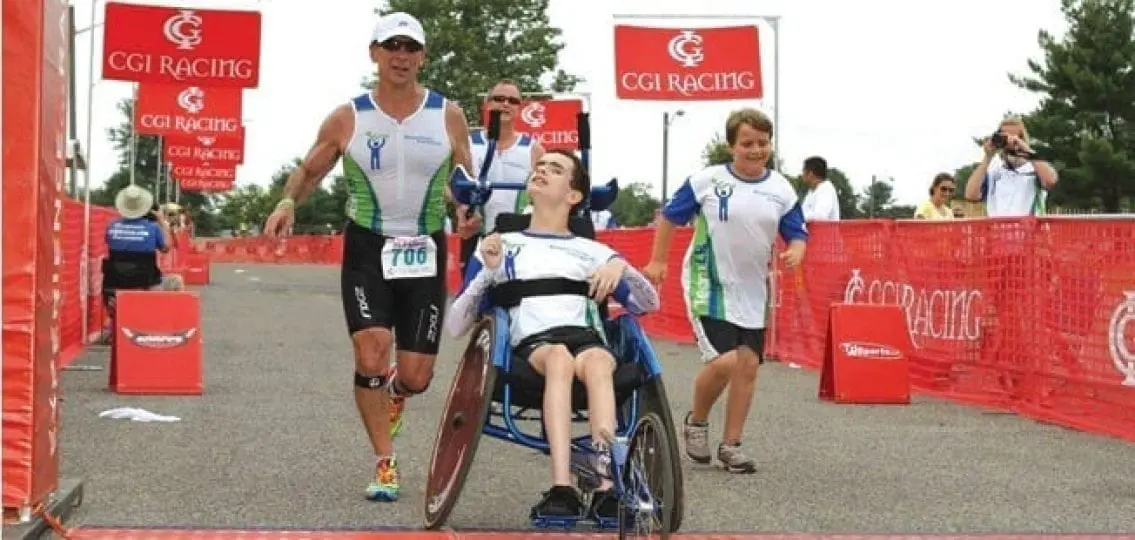It had been whispered to me by a few parents at my child’s inclusive theater program. When does Emily turn 18? Have you started the process to become her legal guardian?

And the one that made me worry. It’s a lengthy process and you only have a precise window to become her guardian.
My life as a parent of a child living with disabilities and chronic illnesses did not include time for lengthy processes and deadlines. Besides, what was the big deal about becoming her guardian?
Turns out, a lot.
Parenting a Child with Disabilities
There is no manual on how to find services and programs for your child who needs extra assistance. Instead, I was dependent on the network of other moms in the same boat.
Over the years, I turned to a friend whose daughter is two years older than Emily and also has some cognitive disabilities. My friend has guided me through other monumental tasks throughout Emily’s childhood—like finding work programs and camps for Emily.
So, what’s the deal about becoming a guardian? Are you Melissa’s guardian? Her answer was a vigorous head nod and a loud, “YES.”
She went on to explain that, legally, Emily would be considered an adult once she turns 18. This means that doctors would not consult with me about her medical care and pharmacists would not talk with me about her prescriptions. The concerns spill out beyond medical settings. If a law enforcement officer talked with her, they would not necessarily speak to me as she would no longer be considered a minor.
I began feeling the urgency of making sure I became Emily’s legal guardian. Well, how do I do this? How do I become her guardian? I now desperately asked my friend. Again, there’s no manual to consult.
My godsend of a friend then relayed her process—which she figured out through consulting her friends, as well as through trial and error, as the process tends to change over time. She sent me an email detailing the numerous steps I had to take.
How to Become a Legal Guardian: My Journey
The process is different in each state, but mine included going to the county courthouse and filing paperwork declaring my wish to become my daughter’s legal guardian. Once I returned the signed paperwork, my daughter was assigned a GAL (guardian ad litem) to represent her in court. A deputy sheriff arrived on our doorstep to serve Emily papers stating that I was applying to become her guardian. I had to provide references for the court to contact for verification that I would be a good fit as a guardian for Emily. Emily’s GAL conducted a home visit and interviewed Emily. And finally, both Emily and I, along with her GAL, stood in front of a judge who conducted the hearing and declared that I would become Emily’s guardian once she turns 18.
The timing of starting this process is also important.
The earliest we could begin was when Emily turned 17 and a half years old.
That gave me (and the court system) six months to get through the proceedings. It was also important that I was her guardian by the time she reached her 18th birthday—not after. The reasons for this were two-fold. First, if something should happen to Emily in the days after she turned 18, I wouldn’t be able to immediately step in. Second, it’s a different, and potentially more difficult, process to become someone’s guardian once they are already an adult.
Once Emily reached the milestone age society deems an adult, I carried copies of this powerful piece of paper in my purse, in my car, and scanned it and saved a copy on my phone. I sent copies to her doctor’s office, pharmacist, insurance company and I put it on file at the hospital. Then, every time they called and asked to speak to Emily, I could state, “I’m Emily’s legal guardian and you should have the paperwork on file. You can speak to me directly.”
Never was I so happy to be Emily’s legal guardian than when she went to the hospital with a neurological issue that made it difficult for her to speak. She was admitted to the adult side of the hospital during the global pandemic, which meant there were restrictions on visitors. My legal guardian status was my golden ticket to being able to stay with her 24/7.

I vowed at that point to do my part in spreading the word about the necessity of becoming your child’s legal guardian if they have a cognitive impairment and need assistance with medical or legal decisions. I was blessed to be a part of a group of other moms who spread the word to me. I know not everyone is so lucky, so consider this your whispered reminder to start looking into the process for your state.




